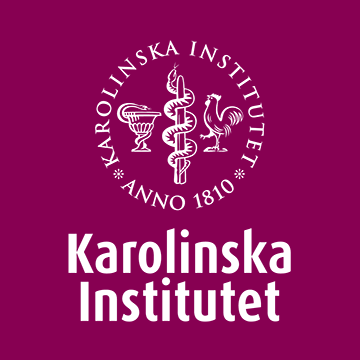21/03/2022 – The OECD has released a that are economically, environmentally and socially sustainable, resilient, open and transparent.
The prototype for the certification framework will be piloted on a number of infrastructure projects across different regions and sectors.
The Blue Dot Network, founded by the governments of Australia, Japan and the United States, aims to support and attract quality infrastructure investment to help bridge the estimated USD 2.5-3.5 trillion infrastructure investment gap, accelerate the transition to global net-zero emissions, and optimise the strength and the quality of future growth.
“The world needs not just more infrastructure, but better infrastructure,” said Jose W. Fernandez, Under Secretary of State for Economic Growth, Energy, and the Environment, U.S. Department of State. “It must be transparent, inclusive, and sustainable to bring the economic benefits that our citizens deserve.”
Worldwide, many people still lack access to basic infrastructure such as clean energy and water, healthcare services, and communication infrastructure. Quality infrastructure projects developed in alignment with the G20 Principles for Quality Infrastructure Investment and other relevant standards, such as the International Finance Corporation (IFC) Performance Standards, the Equator Principles and the OECD Guidelines for Multinational Enterprises, are more likely to deliver beneficial outcomes for society while lowering risks for investors and stakeholders. The Blue Dot Network aims to assist countries in addressing their basic needs by providing a trusted signal to investors, communities and other important stakeholders about the quality of infrastructure projects.
“The Blue Dot Network aims to further empower low- and middle-income economies by mobilising quality infrastructure investments in well-designed projects, developing skills and creating jobs locally, and building resilience for a sustainable future,” OECD Secretary-General Mathias Cormann said. “Its proposed design puts the values we share – market-based economic principles, transparency and accountability, the rule of law, gender equality, the protection of human rights and the promotion of environmental sustainability – at the heart of future infrastructure development.”
The OECD proposal for a prototype of the Blue Dot Network, outlined for the first time in the report released today, , presents an architecture for the Blue Dot Network that comprises:
- A set of essential requirements, derived from international standards, for determining the basis for awarding a certification;
- A scoring system that translates compliance with individual requirements into an assessment for the entire project; and,
- An efficient and credible review process for verifying a project’s alignment with the requirements.
The proposed design seeks to build the confidence of stakeholders in the robustness of certified infrastructure projects that meet basic standards for quality infrastructure while incentivising a race to the top.
To ensure that it is credible and evidence-based while minimising the overall cost and burden for participants, the Blue Dot Network will be piloted on projects sourced from a number of regions including, potentially, Asia, the Pacific, Sub-Saharan Africa, Latin America or the Middle East.
“The Blue Dot Network can establish a global level playing field by certifying projects against shared requirements for quality infrastructure investment,” said Benoît Chauvin, member of the Executive Consultation Group and President of the European International Contractors Federation. “The certification can be a real game changer for the future of infrastructure as a globally recognised symbol of financially, socially and environmentally sustainable infrastructure projects.”
The development of the OECD proposal has been informed by ongoing dialogue and inputs from the Blue Dot Network Executive Consultation Group, a group of over 170 senior leaders from the private sector, civil society and academia providing high-level and technical guidance. The Executive Consultation Group will continue to assist the OECD in refining the certification framework and adapting it to different sectors.
The OECD, at the request of the governments of the United States, Australia and Japan, is providing technical support for the development of the certification framework.







